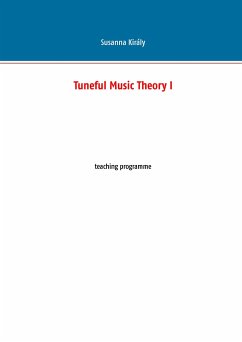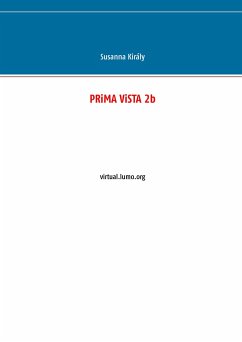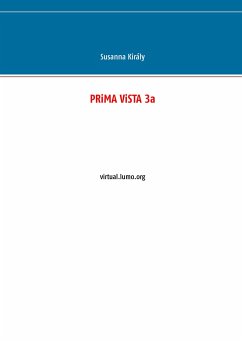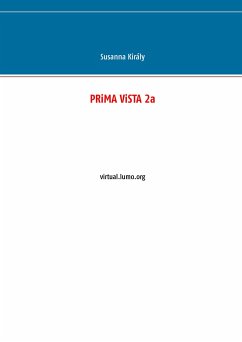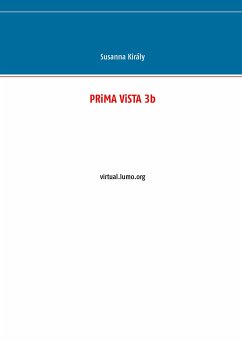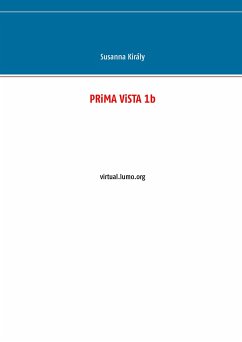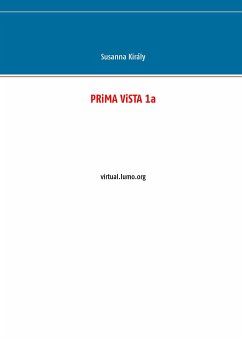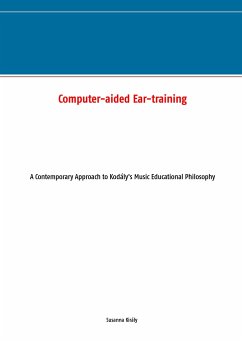According to Zoltán Kodály (1911) the goal is not impart concepts and knowledge, but first of all, training: "The only authentic aim of music theory teaching and learning is not to make known concepts and knowledge, but first of all training. We must help our pupils to learn sight-reading from notes and to be able to notate the music they hear in every way. Theory and analysis are good only in as much as they are necessary in the execution of the practical work." (Eősze 1977: 52.) This Kodályian idea of music theory instruction is the model for Susanna Király¿s ¿tuneful music theory teaching programme¿. Practically speaking, this means that in the middle level music theory lesson, first we sing or play together the analysis task as a choir or orchestra. The next step is a general musical analysis of the actual masterpiece. The teacher¿s verbal explanation in teaching a new issue is needed only insofar as it is required by the musical score.
Hinweis: Dieser Artikel kann nur an eine deutsche Lieferadresse ausgeliefert werden.
Hinweis: Dieser Artikel kann nur an eine deutsche Lieferadresse ausgeliefert werden.

